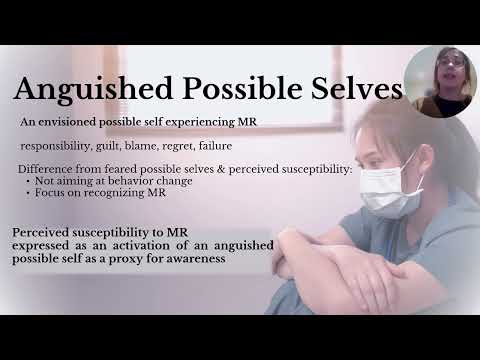 Speaker: Nikoletta Alexandri
Speaker: Nikoletta Alexandri
 Affiliation: Huygens Institute (KNAW)
Affiliation: Huygens Institute (KNAW)
Title: Narratives in Medical Ethics Education: Exploring their Impact on Moral Residue Awareness among Healthcare Professionals
Abstract (long version below): We delve into the power of literary fiction in medical ethics education, focusing on moral residue (MR) experienced by healthcare practitioners (and other moral agents) when they perceive their own failure to meet moral requirements despite other people’s tendency not to blame them. Four inter-reliant papers describe ongoing research in an ERC Advanced Grant project (see Acknowledgement below), aimed at revolutionizing training of professionals by utilizing literary texts: these papers conceptualize and create a typology of MR, devise a measure for MR awareness, pinpoint text and context factors that may enhance awareness of MR, and implement an intervention using literary, fictional scenarios to facilitate moral learning in medical ethics.

 Long abstract
Long abstract
This contribution to the symposium describes the development of a measurement of MR awareness in the context of assessing the impact of reading literary texts. It elucidates how the activation of feared possible selves can be directly related to perceived susceptibility, a concept used in narrative health communication, that can be used as proxy for MR awareness.
Second, the paper outlines the design of an ongoing experiment aimed at investigating whether reading literary narratives that describe MR can increase awareness of MR among healthcare workers. The study emphasizes various reader response variables and text factors contributing to the enhancement of MR awareness. It explores three pathways to awareness: identification, transportation, and self-referencing. Different lines of research suggest these phenomena are relevant, but it remains unclear which prevails or what the relationship among them is since no study examines them conjointly. In addition, the study delves into the role of fictionality. Pertinent research suggests the superiority of fiction over non-fiction narratives and elucidates how reading instructions related to a narrative’s fictionality may influence the effects of an MR-relevant narrative on readers’ MR awareness. Finally, this contribution summarises relevant research regarding a number of individual differences that may affect the narrative impact (i.e., age, similarity with the protagonist, and prior experience with MR).

